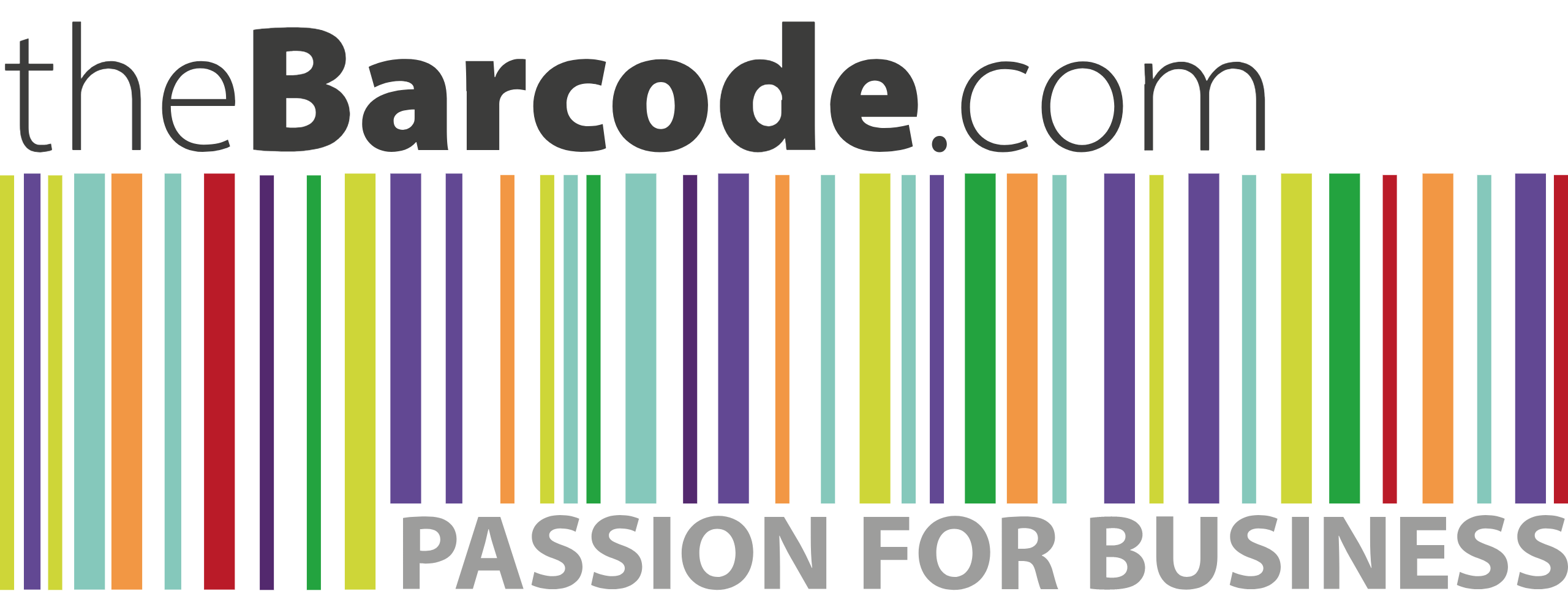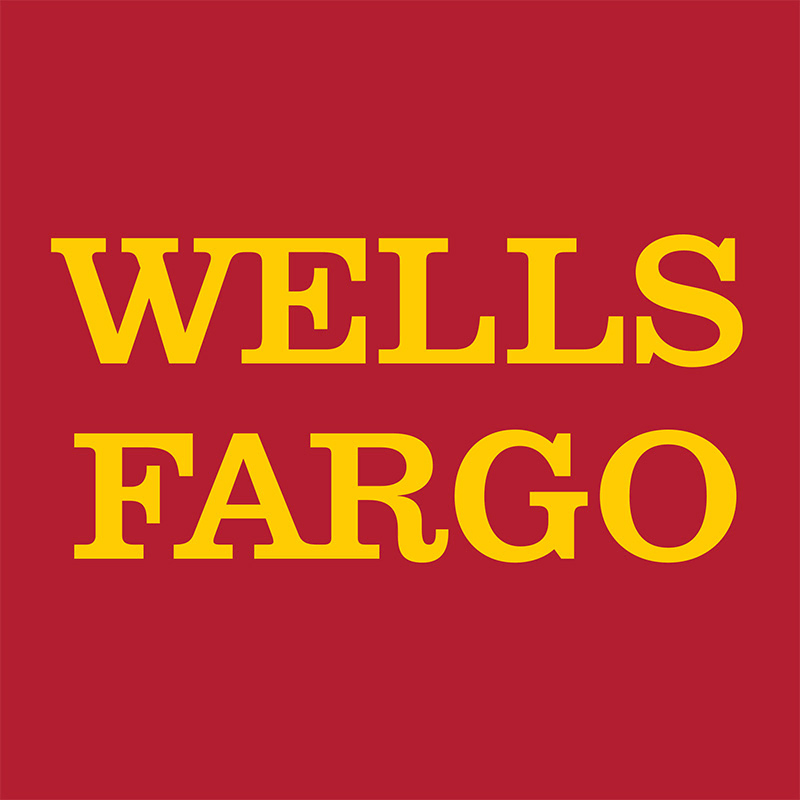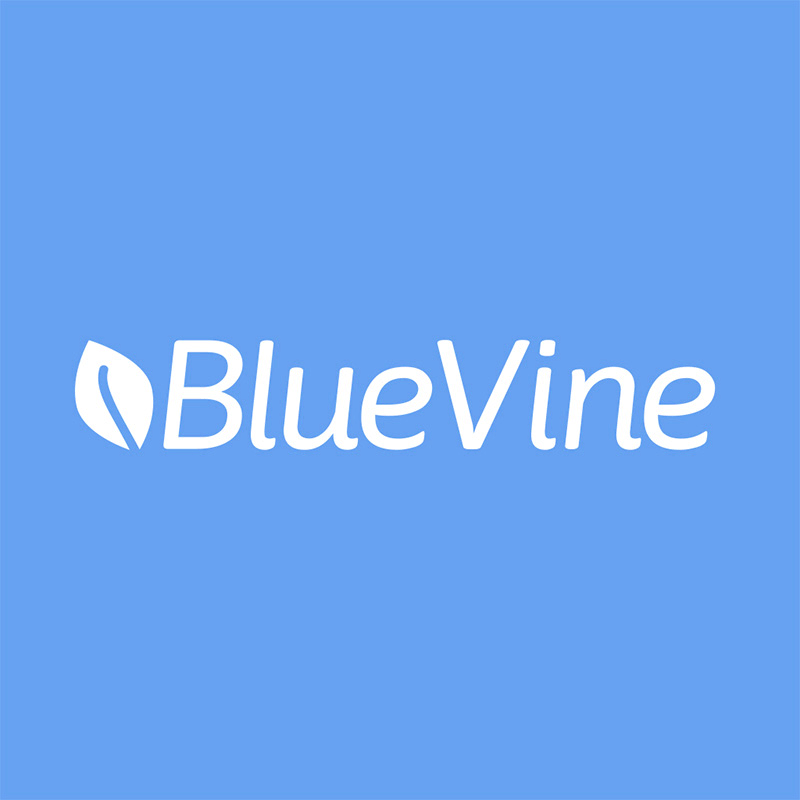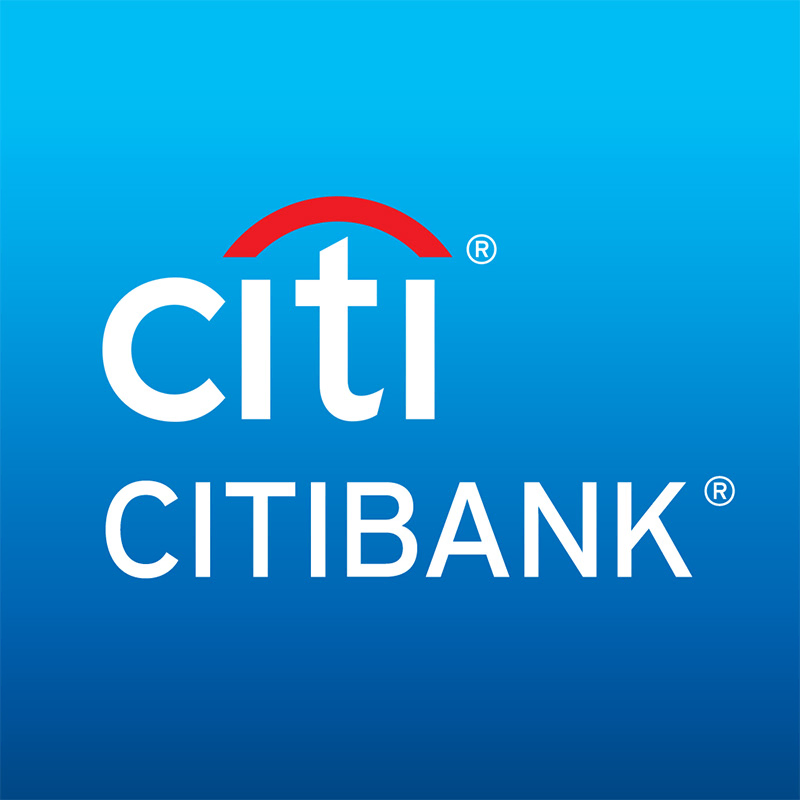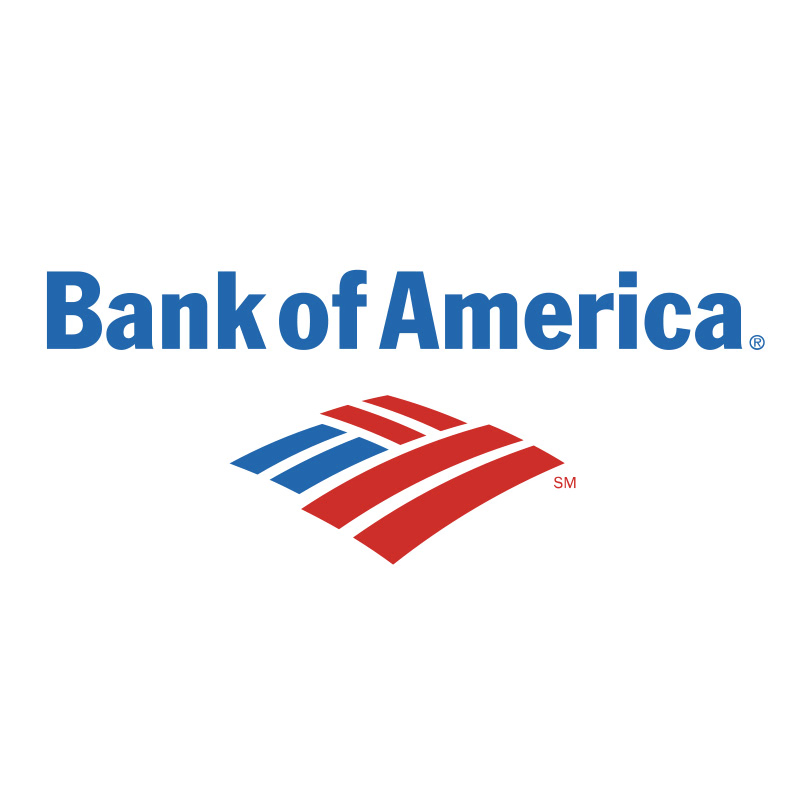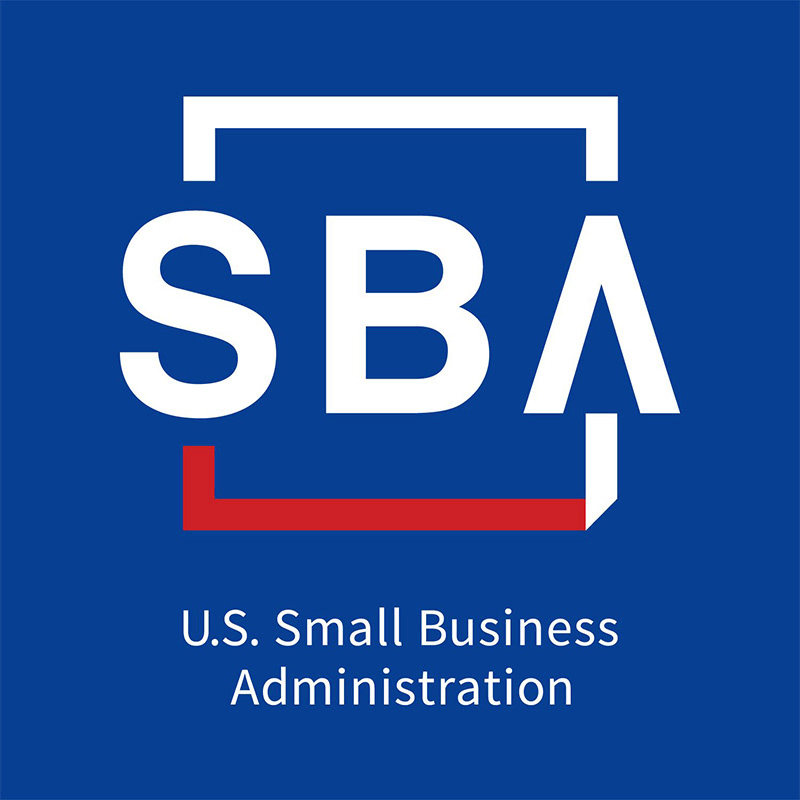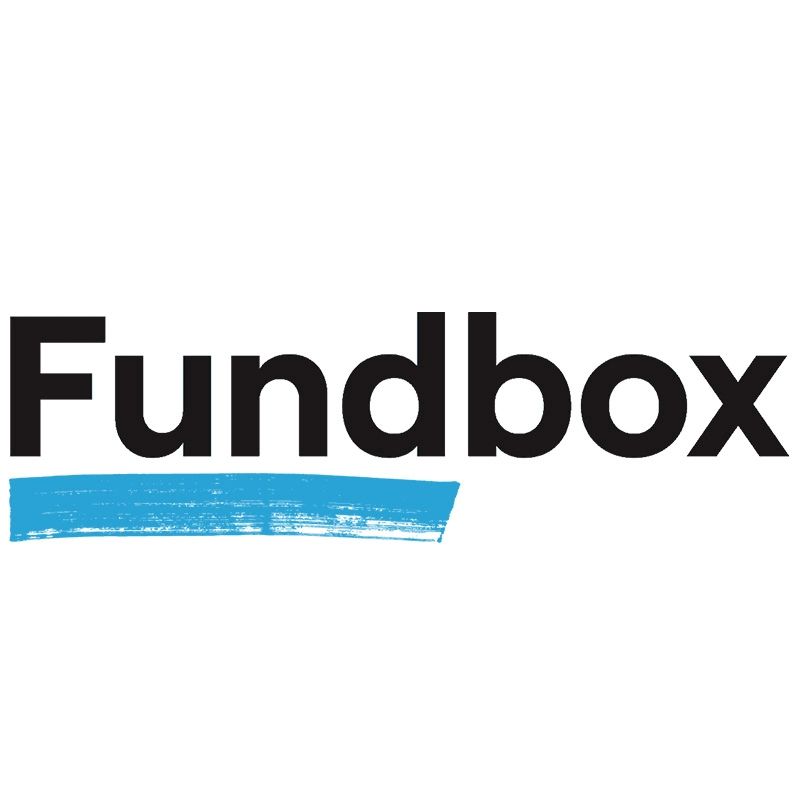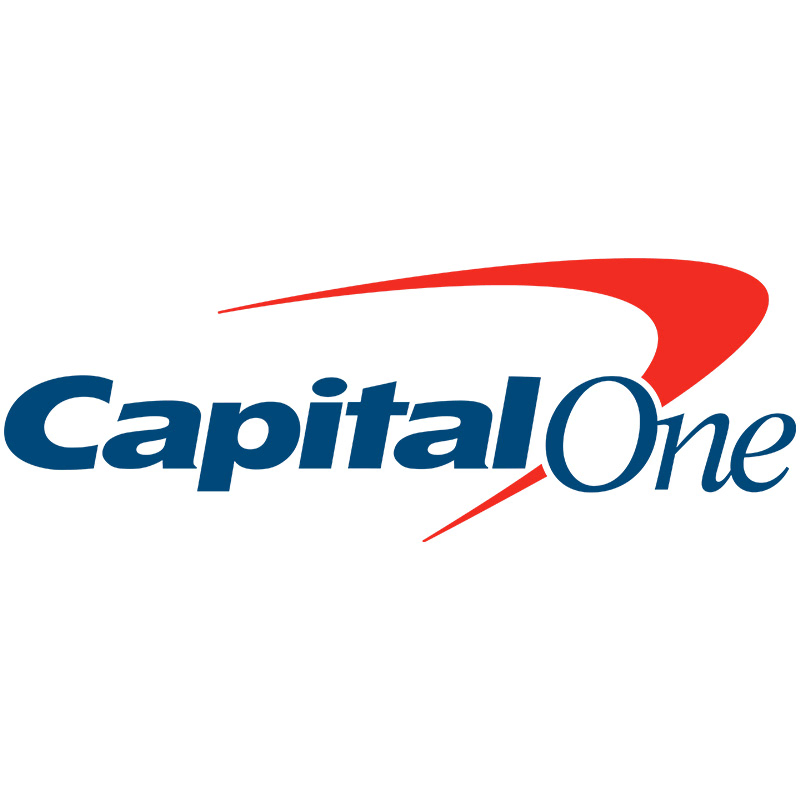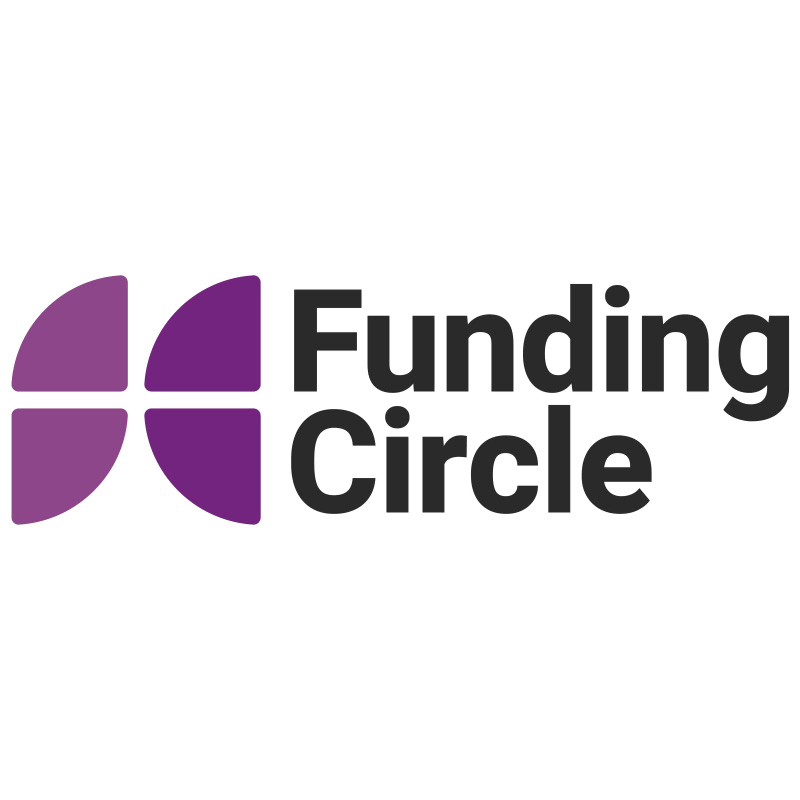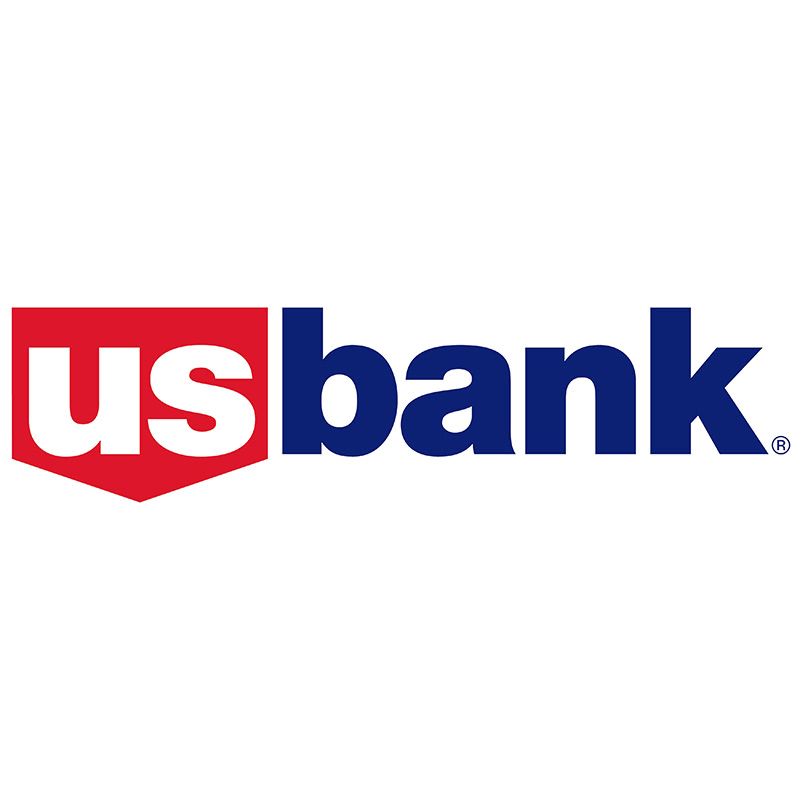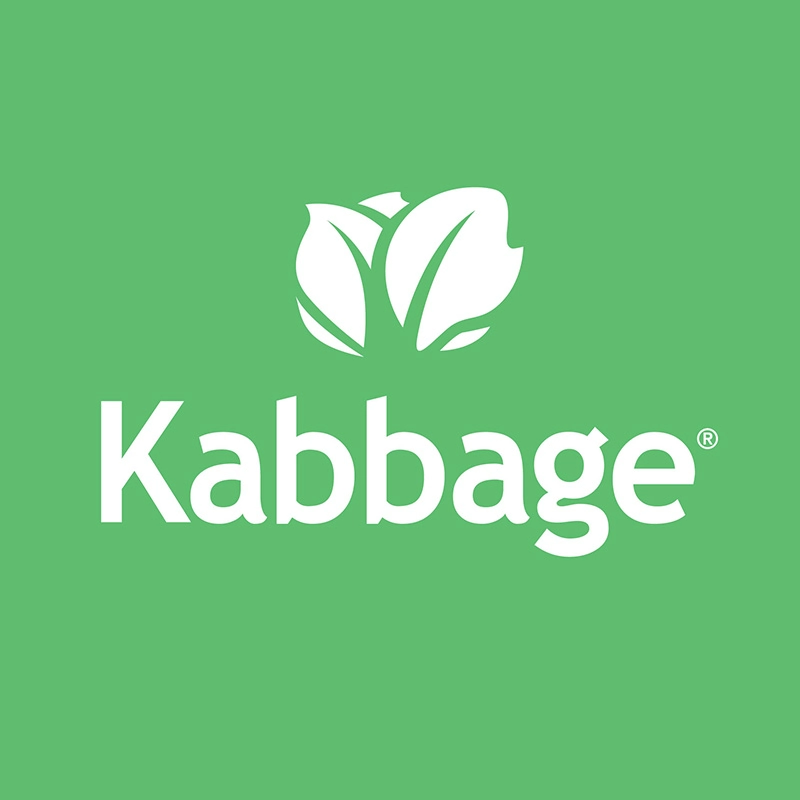Funding For My New Business
Small businesses are perceived as the primary engine for job growth, the source of innovation and entrepreneurial spirit in our nation. They are essential to the overall strength and economic support of the country. The variety of small businesses contributes a high proportion of economic output. However, getting financing for your small business is not easy.
History has proven that those businesses that receive funding grow and expand faster than those that do not. Hence, the availability of financing for small businesses is an essential space for our nation’s economic future. The way you manage your business capital is very crucial. You don’t want to find out too late that you’ve poorly managed your business capital. The best way is to be prepared to focus on what matters the most in building and growing your business.

What Are the Different Ways To Find Small Business Funding?
Do you have a business plan and want to take that idea and make it real? It would help if you learned how to fund your small business. The prospect of financing your business depends on whether your business is large or small, what industry you’re in, and where you’re located, among other things. This article will highlight some of the best small business funding sites you can use today and start searching for a business loan. Shall we?
Are you a small business owner in the USA? Then you should know that funding small businesses is top on the agenda, from new startup funding to loans and grants from local, state, and federal funds and donated cash from other sources. There are several ways to get your hands on the money you need to grow your small business. If you want to read about your designing your business plan check out our article on designing your own business plan
Wells Fargo is a company that has been around since 1929, and it has established itself as an industry leader when it comes to bank accounts and small business loans. The company offers a wide range of products and services, including personal banking, small business loans, credit cards, mortgages, auto financing, and investment advice.
Wells Fargo has more than 8,000 stores and 13,000 ATMs across the nation. Because of its extensive network of brick-and-mortar locations, Wells Fargo is one of the most accessible small business lenders to visit in person. It’s also one of the few lenders that lets you apply for a loan at one of its branches.
- Business loan. The Wells Fargo business loan is a short-term loan that you can use for a specific need, such as buying equipment or inventory, expansion, emergency cases, etc. It’s a smart option if you want to keep your existing credit lines open and have a shorter-term financing need.
It’s an unsecured business loan between $10,000 and $100,000. You pay interest on the entire amount borrowed at an 8.25% rate with fixed monthly payments over five years (60 months). There’s no prepayment penalty if you pay off your balance early. It’s a good option if you need up to $100,000 quickly but don’t have collateral to pledge.
- FastFlex. FastFlex Small Business Loans are the perfect solution for small businesses that need a quick capital infusion. FastFlex small business loan is an unsecured term loan that quickly gives business owners access to up to $35,000. Loan repayment terms go up to 12 months, making it easy for businesses to repay what they borrow quickly at the rate of 13.99%.
Wells Fargo is a good bank for small business loans if you have an established business and your credit score is over 760. The company offers fair rates and some of the best business loan rates.
Use Your Own Funds
It is sometimes better to use your own funds to start a business. You will not have to pay back any money, and all the profits that come after that are entirely yours. You own it. Using your own money will reduce the risk of getting loans or credit from angel investors and banks. Just be sure that you have enough money saved up because it is easy to underestimate how much money you need to start a business.
Funding From Family And Friends
Perhaps, this is one of the most common ways entrepreneurs start companies—acquiring funding from family members and friends who want to support your entrepreneurial endeavors. You can use this capital to help pay for the initial setup costs or cover the operation costs until you begin turning a profit.
Kickstarter is a crowdfunding platform that’s been around since 2009. It’s great for small businesses looking to raise a smaller amount of money, up to $100,000. Unlike a small business loan, you don’t have to pay the money back unless you hit your goal. Instead, backers contribute to your campaign in exchange for rewards or equity. If your drive doesn’t hit its goal, you won’t receive any funding at all.
A crowdfunding platform, Kickstarter, is based in Brooklyn, New York. It has received over $6 billion in pledges from more than 15 million backers to fund creative projects, such as films, music, stage shows, comics, journalism, and video games. Since the site’s launch in 2009, users have pledged more than $1.8 million to successfully funded projects.
If you have a product or service that people want, it can be an easier way to fund your business. Unlike many other crowdfunding platforms, in exchange for contributions. It can be a great way to build relationships with your customers and get early feedback on your product or service.
Kickstarter is one of the most well-known and most popular crowdfunding sites. It also has an all-or-nothing funding model: you won’t get any of the money if you fail to reach your goal amount.
Reviews on Kickstarter highlight how entrepreneurs praise the platform for helping them meet potential customers. Kickstarter gives you exposure to potential customers before you start your business, so it’s a great way to test new ideas.
Launch A Crowdfunding Campaign
Crowdfunding raises small amounts of money from many different people, typically through the Internet. It allows the entrepreneur to raise funds from a group of people that believe in their business idea and want to be part of it. There are four types of crowdfunding; donation-based, reward-based, debt-based, and equity-based.

Business Loans From Banks
Bank loans are very effective when raising funds for your small startup business. Banks usually make their lending decision based on certain factors such as your credit score, business plan, collateral offered, and financial projections. They typically apply interest rates and have strict qualification criteria.
Apply For A Loan On Fintech Platforms
Fintech platforms offer various financial services designed to support small businesses, including cash advances and business loans. The best part about these platforms is that they provide quick funding with minimal documentation, making it easy to get the money you need without much delay.
Secure A Loan Through SBA
Small Business Administration (SBA) guaranteed loans are one of the most accessible financing options for small businesses. These loans are backed by the government and are available to entrepreneurs who cannot qualify for traditional bank loans. SBA works with participating lenders that offer various loan programs with competitive interest rates and flexible terms.
Blue Vine is a business financing technology company that provides a suite of financial solutions to small and medium businesses. Their core offerings consist of term loan, invoice factoring, and lines of credit only. Blue Vine was founded in 2013 by Eyal Lifshitz and has since become one of the fastest-growing business finance companies in America. In 2016, they raised $40 million from Menlo Ventures and Citi Ventures.
Blue Vine’s trim business financing options are a good fit for businesses that need cash fast and want more flexibility than what you get with a traditional loan. Lines of credit can be used for any purpose and repaid or reused as you repay them, giving you the flexibility to pay for what you need when you need it.
Blue vine’s line of credit offers up to $250,000 in funding with flexible repayment terms. You can use this type of loan for your working capital needs, like making payroll or paying vendors. Unlike traditional lines of credit from banks, Blue Vine doesn’t require you to pay interest on the total amount of the loan you borrow. Instead, it only charges interest on the amount you spend. Draws and repayment terms range from 6 to 12 months.
If you have a 600 personal credit score, you can apply for a line of credit. Blue Vine also requires that your business has been operational for at least six months and has generated at least $120,000 in annual revenue.
Reviews of Blue Vine are overwhelmingly positive. Most customers praise the company for its transparency and attractive terms, although some note that the application process is time-consuming.
Angel Investors
Angel investors are individuals who invest in companies at their early stages by buying equity or convertible debt in exchange for capital. They can offer you a wealth of knowledge about building a successful company. It’s the right choice for you if your company is generating product or service revenue, has an established customer base, and is working on scaling up its operations.
Citibank, its online lending option, offers competitive rates and flexible financing options. These include working capital loans and lines of credit, equipment loans and lines of credit, term loans, invoice factoring, and merchant cash advances.
The application process is quick, and you can even receive your funds the next day if you apply early enough. Citibank is a member of the SBA preferred lender network, so its small business owners can get SBA-guaranteed loans with favorable terms. The bank offers term loans and lines of credit, and its rates are competitive with many other national banks.
- Citibank Business Installment Loans: A traditional loan product where you borrow an amount at a competitive interest rate and pay it back over a set period. Loan amounts range from $5,000 to $5 million with repayment options for up to 7 years. Small business owners hope to open a new location, purchase inventory or expand their operations.
- Citibank Lines of credit: A revolving line of credit similar to a credit card where you can borrow up to your approved amount and make payments. It offers lines of credit from $10,000 to $5 million at a variable rate. The funds you have are the only funds you pay interest on.
If you want to pay off your loan early, you won’t be charged additional fees. If you choose variable rate options, your interest rate will vary according to market conditions. Overall, Citibank may be the best lender for your business.
Peer-to-Peer Lending
There are many benefits of peer-to-peer lending. It’s a fast, flexible way for small businesses to obtain funding. It allows small businesses to get affordable loans because a marketplace of investors determines the interest rate. Meanwhile, as an investor, you can spread several small loans across various borrowers, enabling you to help small businesses grow while diversifying your investments.
What Should You Consider When Choosing A Business Loan as Your Funding Option?
Funding a small business is not easy; the odds are heavily against the little guy. Look at the statistics; 90% of startups fail within five years (the U.S., cited in Small Business Administration Report). These numbers show why it is vital to have a great business plan when applying for external funding sources such as loans, awards, grants, and startup or growth capital.
- Your Business Industry. It’s important to know what industry your business is in and how it relates to the type of loan you’re applying for. The more knowledge you have about your enterprise, the easier it will be to choose a loan that will fit your needs. How long have you been in business? What is your annual revenue? The more established and successful your business is, the easier it will be for you to get approved.
- Amount of Money Needed. While most businesses have different needs, one thing they all have in common is needing money. The amount of money you need will usually determine what type of loan is best suited for your situation. If you are only looking for a few hundred dollars, it may be best to apply for a microloan.
- Loan term. The debt cycle is one of the most crucial factors that affect your business loan repayment tenure. Generally, all business loans have different terms and conditions that vary depending on your credit score. Hence, always try to research the potential lenders and their debt cycles and choose wisely based on the time you will require to repay the entire debt and the interest rate applicable.
- Lender’s Reputation. A suitable lender has lots of positive customer reviews and testimonials available online. It is imperative that you do thorough research on the potential lenders and find out their market reputation before applying for any loan from them.
- The interest rate or equity stake. You probably know that lenders will offer different interest rates if you’ve ever compared loans before. Some may be fixed, or some may be variable. Ultimately, lenders use rates to determine how much they will make on the amount they lend. They also serve as a great indication of how risky the lender thinks your loan is. The more risk, the higher the interest rate.
- Terms of the loan. Different kinds of loans have additional terms and conditions. It would help if you went for a loan that suits your current and future needs so that you don’t pay extra interest fees. If you’re starting a new business, do extensive research and take advice from experts before applying for any loan.
- Credit Score. Your credit score plays an important role when applying for a business loan. Lenders will want to know whether you pay your bills on time and how much debt you owe compared to your total available credit limit, including other loans and credit lines.
How to Qualify for A Business Loan
- Keep your credit in good shape. Lenders look at personal credit scores and histories when evaluating loan applications. If you have poor credit or no credit history, you’ll likely have trouble qualifying for a loan on your own. While the requirements may vary from lender to lender, the personal credit score of potential borrowers is usually one of the most important factors that lenders consider.
- Your Annual Revenue Lenders look at annual revenue as an indicator of your ability to repay your debts. If you have a history of solid sales growth, you will be more attractive to lenders. It makes it easier for you to qualify for a short-term loan. Many short-term lenders consider the annual revenue and health of the business itself.
- The Debt-to-income ratio (DTI) It measures how much of your income goes toward paying debts each month. In general, the lower your DTI, the better. Most lenders want to see a DTI of 50% or less. No more than half of your income goes toward paying debts each month.
- Time in Business If you haven’t been in business long, have inconsistent cash flow, or have financial issues, you may not qualify for a traditional bank loan. Generally speaking, banks like to see that your business has been operating for at least two years before they’ll consider you for a loan.
- Collateral To qualify for secured loans, such as SBA loans and traditional bank loans, you must have collateral such as real estate to secure your loan. Collateral is not needed for most unsecured loans; it will help you get approved and typically results in a lower interest rate.
- Have a business plan A solid business plan will help you better understand your business, set goals, and show potential investors why they should invest in your industry. Your project should show that you know the market you are entering and that there’s a need for what you are selling. It should also include financial projections based on historical data and assumptions about future performance.
Funding Options Available For Your Small Business
Several funding options are available for you to fund your small business. Whether your focus is on growth or building a sustainable business, access to the most popular business financing options will help you achieve your goals. When it comes to borrowing money, consumers face two intense options; banks or online lending platforms. Although both offer the same services, each has its benefits and drawbacks. But how do banks and online lending platforms differ from each other?
- Application. Banks and online lenders have a formal application process, but the requirements vary substantially. The main distinction is that banks require more paperwork than online platforms.
- Approval. Banks have traditionally been conservative about dispensing credit. They have strict criteria, and they often don’t make exceptions for people who are right on the border of qualifying. Online lenders are generally more flexible about approvals because they can use automated underwriting software that can evaluate risk in different ways than traditional lenders do.
- Rates and fees. Interest rates tend to be lower with banks because they usually offer fixed rates on larger loans; because they have more money at stake on each deal, they can afford to take fewer risks by providing lower rates. Online lenders will generally charge higher interest rates but may be willing to lend smaller amounts of money over shorter periods.
- Processing time. Banks will typically take longer to approve loan applications. In contrast, online lending platforms have streamlined processes to make lightning-fast decisions on loan applications.
- Repayment terms. Banks often have strict repayment terms, which can be challenging. Many online lenders offer flexible repayment terms that work with your lifestyle.
- Transparency. Most banks don’t make it easy to find out how much money you’ll have to repay each month. Everything is laid out for you upfront with online lenders, so there’s no confusion.
This Charlotte, North Carolina-based bank has 4,200 branches and is a leading lender of small business loans. It offers several types of loans, including secured and unsecured loans and lines of credit, and government-guaranteed loans. Bank of America also participates in micro-lending programs that assist individuals who otherwise would not qualify for a loan.
Since the economic downturn, the bank has relaxed its lending standards, making it an excellent time to apply for financing with Bank of America. Borrowers must hold an existing business checking account with Bank of America to qualify for a loan.
- Term Loans. The lender offers unsecured and secured loans and general and seasonal lines of credit. The maximum loan amount is $100,000 for unsecured loans and $250,000 for secured loans. The repayment period ranges from one to five years. To qualify for a Bank of America small business loan, you must have been in business for at least two years, have good personal credit, and generate a minimum of $100,000 in annual revenue.
- Lines of Credit. Bank of America offers lines of credit at a minimum of $10,000. The maximum is capped at $100,000 for unsecured lines of credit and $250,000 for secured loans. The interest rate on the unsecured line of credit can range from 5.50 percent to 8.50 percent. Both the unsecured and secured line of credit require a Bank of America Merchant Services account and an ACH relationship with Bank of America.
Bank of America has a history of poor customer service. Complaints range from problems with credit cards to branch managers and staff members.
Below are some funding options to help fund your business:
U.S. government funding to small businesses:
Some banking options available in the U.S. are:
When it comes to Fintech funding options, check out the following:
And on Crowdfunding sites, go for the following
Go for peer-to-peer lending
An SBA Microloan may be suitable if you need a small amount of working capital or inventory financing. These loans are available for up to $50,000 with repayment terms of up to ten years at 6% to 9%. Funds are used for working capital (including payroll), inventory, supplies, furniture, fixtures, machinery, and equipment.
Pros
- Long repayment terms.
- Low down payments.
- Lower interest rates.
- Complete qualification terms.
Cons
- Collateral requirements.
- Long approval time.
Small business loans are becoming easier to get, but there is still a lot of red tape. Here’s how you can apply for an SBA loan:
- Find the right lender.
- Determine which type of SBA loan best suits your needs.
- Fill out your application.
- Assemble your documents and submit them with your application.
- Wait for approval and collect your funds.
They provide excellent resources for small businesses at no cost to you. The SBA offers additional services like counseling and training to help companies grow and prosper.
U.S. SBA
The Small Business Administration is a federal agency committed to helping entrepreneurs and innovators improve their small businesses. The SBA reduces the risk involved in business and makes it easier for lenders to find capital. Take advantage of contracting opportunities, and get better access to traditional and alternative funding with SBA.
The SBA doesn’t lend money, but it does provide programs for guaranteed loans. Several banks participate in the SBA loan programs and make SBA-guaranteed loans. One of the best features of these loans is that the application process is straightforward, and the approval process is faster than it is for conventional small business loans.
Loans are composed through banks, credit unions, and other lenders who partner with the SBA. The lender determines the interest rate based on factors like your personal credit history and cash flow.
Some SBA lenders include:
- Wells Fargo
- Live Oak Bank
- T.D. Bank
- Citibank
- Metro City bank
Types Of Loans
The SBA is best known for its 7(a) program. The agency’s primary lending program offers secured and unsecured loans for business expansion, equipment purchases, working capital, or inventory. The Small Business Administration provides many types of loans, including:
SBA 7(a) Loan
SBA 7(a) is the most common type of SBA funding. They are for various purposes, such as working capital, equipment, inventory, debt refinancing, purchasing real estate, and more. The Small Business Administration’s 7(a) program is the most popular option for small business loans. SBA 7(a) loans are government-guaranteed loans that offer businesses financing up to $5 million in amounts with repayment terms of over ten years.
When you apply for an SBA loan, you go through an SBA-approved lender, which will help you decide which loan is right for your business and guide you through the application process. However, these loans usually have lengthy application processes and require extensive documentation.
The lenders agree to offer competitive rates and fees, so borrowers save money compared with other financing alternatives. Rates range from 5.50% to 9.75%, depending on whether it’s a standard or preferred SBA lender, term length, and whether it’s variable or fixed-rate
SBA 504/CDC Loan Program
The 504 Loan Program provides growing businesses with long-term, fixed-rate financing to acquire fixed assets for expansion or modernization. The SBA 504 loan program is referred to as the Certified Development Company (CDC) program. CDC is a nonprofit corporation set up to contribute to the economic development of its communities.
The long-term financing tool is available in 10 years,20 years, and 25 years terms with interest rates of 2.231%, 2.364%, and 2.399%, respectively. The loan can buy land, existing buildings, or new construction. The maximum loan amount for SBA 504/CDC loans in 2022 is $5 million for standard and public policy projects and $5.5 million for small manufacturers and green energy projects.
FundBox is an online lender specializing in helping small businesses with less-than-perfect credit get funding. Founded in 2013, FundBox based its technology on the same data analysis and predictive modeling used by Silicon Valley. The company uses machine learning to analyze a business’ accounting data and create a profile of a borrower’s creditworthiness. This allows it to offer credit lines to companies with very little or no traditional credit history.
FundBox’s loans are primarily aimed at smaller companies looking for fast cash of up to $150,000. Businesses can use this money to pay bills or purchase inventory. Payments are collected automatically through ACH weekly or daily until the balance is paid off. It’s also possible to pay off your loan early without penalty.
FundBox is a loan provider that specializes in providing lines of credit and term loans to small businesses. It offers loans of up to $150,000 and 12 or 24 weeks payment terms. The company offers a quick application process and same-day funding for eligible applicants, though it does charge higher fees than other providers.
Fundbox doesn’t list specific loan requirements on its website, but Fundbox does require a minimum credit score of 600. You’ll also need to be in business for at least six months and have annual $100,000 or more revenues to qualify for a Fundbox loan.
- The loan amount is between $1,000 to $150,000.
- The repayment schedule is done weekly.
- Fast disbursement of funding.
- The minimum credit score requirements are 600.
- No collateral required or origination fee: none.
- Interest rates from 10.1% to 79.8%, depending on your credit rating.
Reviews say that FundBox is best for businesses with lines of credit or who have difficulty obtaining traditional loans. They offer a free credit builder tool called Clearbanc that allows users to make sure they have a solid personal credit score before applying for a loan.
Bottom Line
Whether you want to start or grow your business, small business funding may be just what you need to succeed. We hope the review will help you understand what small business loans are and which lenders can provide the best terms for these loans. We’ve compiled the best places to get a small business loan sorted by categories with links so you can apply today. Get started.
Capital One is one of the country’s largest banks and one of the top lenders for small business loans. Based in McLean, Virginia, Capital One is a primary lender to small businesses and is one of the largest issuers of business credit cards. The company offers both lines of credit, commercial real estate loans, and term loans, to small businesses, with an easy application process that you can complete entirely online. Capital One business loans have relatively competitive rates, and borrowers can get approved for funding in as little as one day.
- Term loan. The most common form of small-business financing, term loans, is lump sums that you pay back at fixed rates over a set period. The best rates go to companies with strong financial statements and credit scores and those that borrow less than $5 million to be paid for a minimum of 20 years. Term loans are traditionally used to finance large purchases such as equipment or inventory.
- Lines of Credit. Lines of credit are available from lenders such as banks and finance companies and typically range from $10,000. Approval is generally based on the owner’s credit score and the business’s financial health.
Capital One has an excellent reputation as a lender, so you can feel confident that the financing will be reasonably priced if you qualify for one of its small business loans.
A peer-to-peer lender, Funding Circle, offers small business owners a way to get the funds they need without going through the traditional banking system. Instead, investors, generally individuals and other small businesses, provide the funds for your loan. Funding Circle is one of the most popular peer-to-peer lending sites for small businesses and is backed by some big names.
Funding Circle has originated more than $15 billion in loans to more than 100,000 businesses in the U.S., U.K., and Europe since 2010. Loan funding can come from banks, asset managers, or individuals who bid on loan requests through the platform. It’s an appealing alternative for borrowers whose bank might have rejected it, but there are a few things you should know before you apply.
- Line of credit. When you’re in a pinch and need cash fast, Funding Circle’s online application process can be a lifesaver. You can apply for up to $150,000 with rates starting at 2.9% to 12.1% p.a. and funds in your account in days, if not hours. Lines of credit come with variable rates and terms up to three years.
- Terms loans. Get up to $500,000 at interest rates starting at 5.49% and terms ranging from six months to seven years.
Funding Circle has some of the lowest APRs available for small business loans, with an average APR ranging from 10.10% to 79.80%. Funding Circle requires a minimum credit score of 660 for approval. While the minimum credit score is not as high as some other lenders, Funding Circle does need a solid personal credit history and no minimum annual revenue.
- Cash disbursement in 3 days
- Zero revenue required
- No penalties
- Low Rates
- No annual business revenue is required.
- A credit score of 660
Reviews on Funding Circle highlight how fast the application process is. Customers claim that it takes just a few hours from start to finish. Others praise the level of customer service afford, stating that the loan specialist is very beneficial.
The U.S. Bank is one of the top five largest banks in the country, but it can still offer competitive rates and fast decisions for small businesses looking for loans. In 2021 alone, U.S Bank made more than $78 million in commercial loans and leases to small businesses in all 26 states, including minority-owned and female-owned businesses.
Based in Minneapolis, Minnesota, U.S. Bank is one of the topmost prominent banks in the country, with 3,106 branches and 4,842 ATMs in more than 26 states. The bank has a presence in every state, but it has robust coverage in the Midwest and West Coast.
- Quick loan. With a fixed APR of 5.99%, loans from U.S. Bank are designed to help small businesses grow and expand. You can choose either a secured or unsecured loan with a repayment term of up to seven years.
- Term loan. Term loans offer the flexibility to use funds in any way your business needs. You can purchase equipment or inventory, renovate your location, expand your business, and more by borrowing up to $100,000. Term loans can have varying maturities but are most commonly found in the 5- to 10-year range.
- Commercial real estate loan. Take advantage of competitive rates for retail real estate purchases with terms up to 25 years and financing up to $10 million. The funds can be used to purchase a new space or expand or refinance your current one.
U.S. Bank is a good choice for businesses that have been in business for a few years and are looking for a full-service bank to handle their financial needs. They provide insights into the loan process, credit score and other eligibility requirements, and interest rate ranges.
Indiegogo is a crowdfunding platform based in San Francisco, California. The website was created in the year 2008. Its headquarters are in San Francisco, California. Campaigns that are built on Indiegogo can either be flexible or fixed. Based on the type of campaign, contributors will either receive a reward, equity if the drive is offering securities, or a donation depending on the campaign. If the project does not reach its goal, it will not receive any funds.
Indiegogo is a global fundraising site where anyone can raise money for film, music, art, charity, small businesses, gaming, theater, and more. The amount raised can be as little as $500 or as much as $1 million. Indiegogo charges a 5% fee on contributions. This charge is in addition to credit card charges that range from 3.5% to 9%. Millions of people visit the site every month. The site’s initial goal was to allow anyone with a good idea to raise money from many people.
According to Indiegogo, over 800,000 contributors on its site and over 65,000 campaigns are successfully funded annually. The funding can be done in two ways: fixed and flexible budgets. In fixed financing, you have to specify a goal amount you want to raise, and if it is not reached within the time frame, all the money collected goes back to the donors. If you choose flexible funding, you keep all the money you collect, even if you fail to reach your goal.
Reviews on Indiegogo show how customers like to enjoy the exclusive variety of products the site offers. Several customers love getting their hands on tech gadgets before they’re widely available.
Kabbage is a fintech platform that provides working capital to small businesses. The company uses its proprietary technology, data, and risk model to provide customized funding to customers within minutes. Kabbage launched in 2011 and was acquired by American Express in 2020.
It offers business owners a line of credit worth up to $150,000. The company also provides business owners a free app that can integrate with their QuickBooks account, monitoring their cash flow.
Kabbage provides a quick application process without a personal guarantee or collateral. The company offers lines of credit of up to $150,000, with monthly interest rates starting at 9% and terms ranging from six to eighteen months. Once your application is approved, you can access the line of credit immediately.
To qualify for Kabbage’s small business financing, you’ll need to be in business for at least one year. You should have monthly revenue of at least $30,000 and a credit score above 640. You must also have an active business checking account with a 90-day history, accept credit cards and use online bookkeeping or accounting software.
- Loan amount of $1,000 to $150,000.
- Loan term of six, twelve, or eighteen months. Your term length is based on how much you borrow.
- APR ranges from 9.00% to 36.00%.
- Has no prepayment penalty or early payoff fee.
- Funding in as little as one day for qualifying applicants.
Some customers also note that Kabbage’s website is user-friendly and provides transparent information about its products. Customers who left negative reviews said that it took time to get their funds or had trouble getting in touch with customer service.
